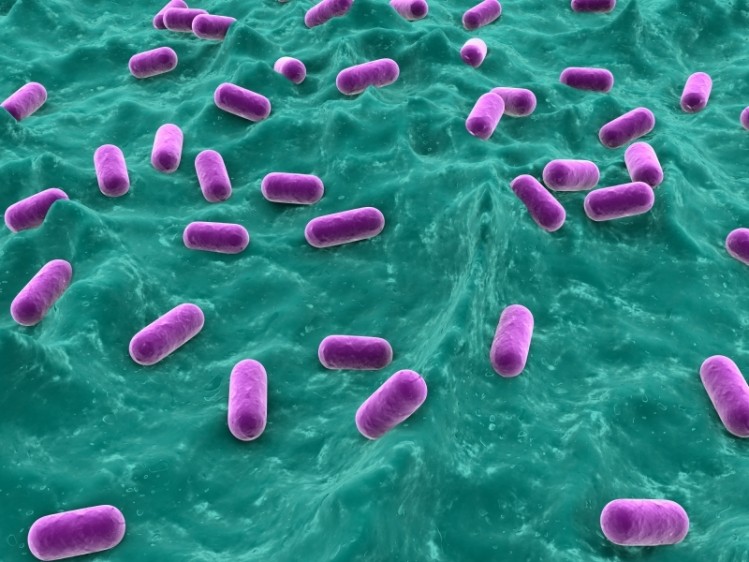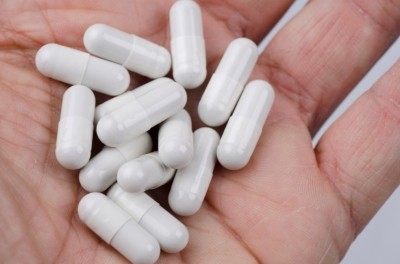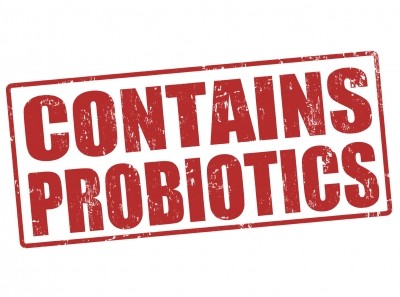IPA says manufacturing process, not 'contamination,' accounts for traces of gluten researchers found in probiotics

The study, which was performed by investigators at the Celiac Disease Center at Columbia University Medical Center (CUMC) and presented at the recent Digestive Disease Week meeting in Washington, DC, tested 22 top-selling probiotics. It found some traces of gluten in 12 of them.
"Many patients with celiac disease take dietary supplements, and probiotics are particularly popular," said first author Dr Samantha Nazareth from CUMC.
"We have previously reported that celiac patients who use dietary supplements have more symptoms than non-users, so we decided to test the probiotics for gluten contamination," she explained.
One product fails clam
In those supplements which had gluten, the researchers found four that had more than 20 ppm, which is the level FDA sets to qualify for a gluten-free claim. Only one of those products made a gluten free claim.
"We know that most patients with celiac disease only develop intestinal damage when consuming more than 10 milligrams of gluten daily, and it is unlikely that contaminated probiotics can lead to that amount unless patients are ingesting mega-doses," added study co-author Dr Benjamin Lebwohl. He did question, however, why gluten could be found in any of them.
“Our members adhere to GMPs which are very strict about what you allow into your plants. A product could contain gluten as a result of the standardizing agents that are used. If a customer wants a different level of CFUs, say 10 million instead of 20 million, you would in effect ‘cut’ that with an excipient. It’s not like there are only bugs in the capsule,” Paraskevakos said.
In a statement about the research, the IPA said that certain growth media or excipients “may introduce very small amounts of gluten. To control for this, certified production ingredients can be used or, if those are not available, products should be tested using accredited labs and methods to ensure levels remain below the ‘gluten-free’ labeling limit.
“Probiotic bacteria require complex growth media that contain a range of ingredients but these can be controlled for the presence of gluten and other allergens. If a manufacturer chooses not to control for the presence of gluten, its products cannot be guaranteed as gluten-free. It is normal practice that only products labelled as gluten-free can be expected to be gluten-free,” the IPA wrote.
A spokeswoman at the Celiac Disease Center said the study was blinded, and the organization would not be naming the products that were tested. The lead researcher did not respond to a request from NutraIngredients-USA for more information. Without more detail, Paraskevakos said it is impossible to take a position on whether the lone product that was labeled as gluten-free but was found to violate that claim was mislabeled or if it was a case of a manufacturing error.
“We definitely need more information, and I want to emphasize we are not trying to take a shot at these guys. We want to understand what’s happening and to work with them. Celiac disease is an important condition, and we don't know of anyone who is 'prescribing' probiotics for it. There are disclaimers on probiotic labels about people with immune compromised conditions. We think patients should consult their doctors,” Paraskevakos said.
















